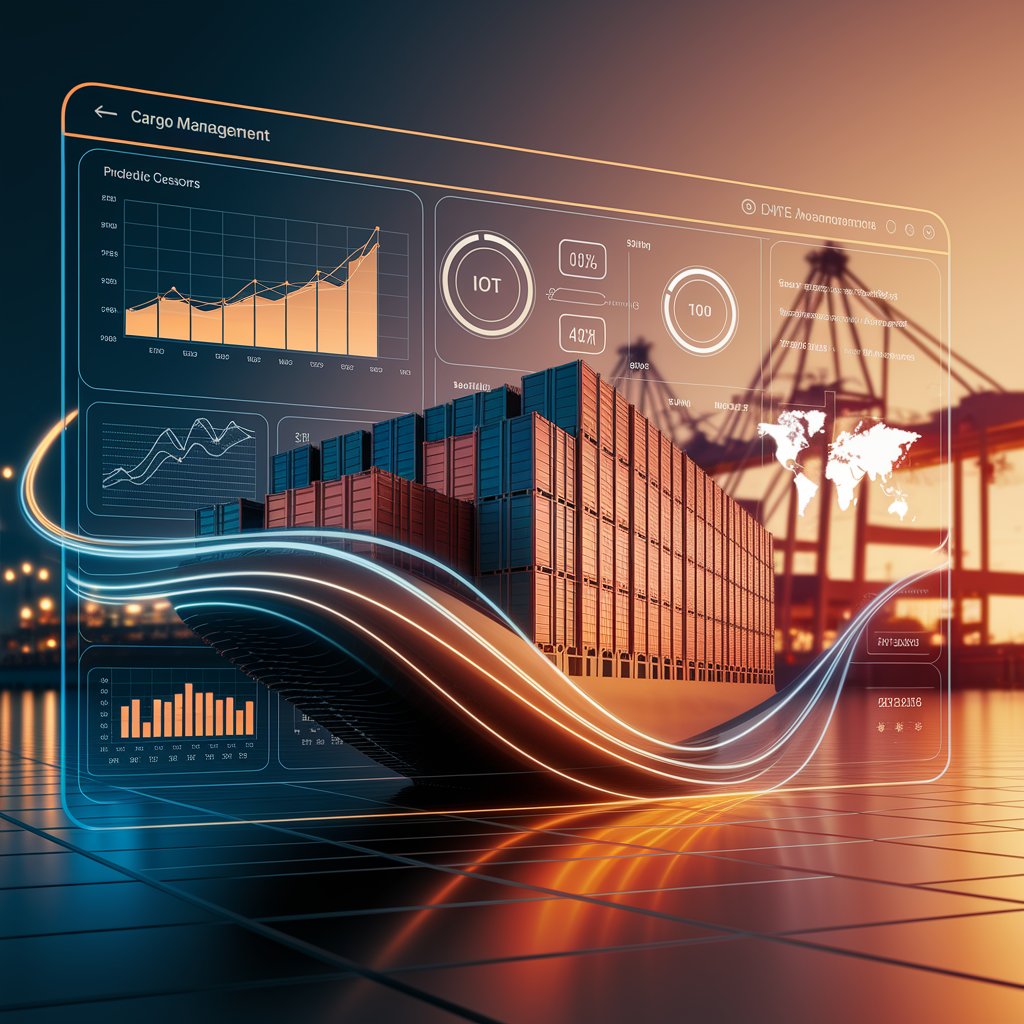Smart Cargo Management: Driving Efficiency Through Intelligent Logistics

Introduction
This is where smart cargo management emerges as a solution. By combining automation, IoT, and AI-driven systems, logistics providers can gain real-time visibility, streamline operations, and optimize the flow of goods across supply chains.
What Is Smart Cargo Management?
Smart cargo management is the integration of digital technologies into cargo handling and monitoring. It provides a connected ecosystem where shipments are tracked, analyzed, and managed automatically across transport modes, warehouses, and customs checkpoints.
Instead of relying solely on human oversight, smart cargo solutions make decisions based on real-time data—improving efficiency and minimizing risks.

Key Features of Smart Cargo Management
- IoT Tracking: Monitor cargo location and conditions at every stage.
- Automation: Streamline booking, documentation, and handling processes.
- Predictive Insights: Forecast demand and anticipate disruptions.
- Digital Dashboards: Provide unified visibility across global shipments.
- Compliance Tools: Ensure documents and cargo meet regulatory standards.
Benefits for Logistics Providers
- Efficiency Gains: Reduce manual workload and speed up operations.
- Cost Savings: Optimize resources, reduce waste, and minimize errors.
- Customer Trust: Provide transparent, real-time cargo updates.
- Sustainability: Use data-driven insights to reduce fuel consumption and emissions.
- Scalability: Handle larger volumes without increasing complexity.

Real-World Applications
- Freight Forwarders: Manage multimodal shipments with unified dashboards.
- Carriers: Use smart routing and fleet management for better performance.
- 3PL Providers: Deliver value-added visibility services to clients.
- E-commerce Logistics: Ensure fast, transparent last-mile delivery.
- Cold Chain Logistics: Protect sensitive cargo with condition monitoring.
The Future of Smart Cargo Management
The future of smart cargo management lies in combining AI, blockchain, and digital twins. AI will recommend optimal routes, blockchain will ensure tamper-proof cargo records, and digital twins will simulate supply chains for proactive planning. This will lead to self-optimizing logistics systems capable of adapting instantly to market changes.

Conclusion
Smart cargo management is transforming logistics by combining automation, intelligence, and transparency. From IoT-enabled tracking to AI-powered forecasting, it enables logistics providers to cut costs, reduce risks, and enhance customer satisfaction. For companies aiming to compete globally, adopting smart cargo strategies is not just an innovation—it’s the foundation for efficient, sustainable, and future-ready logistics.
